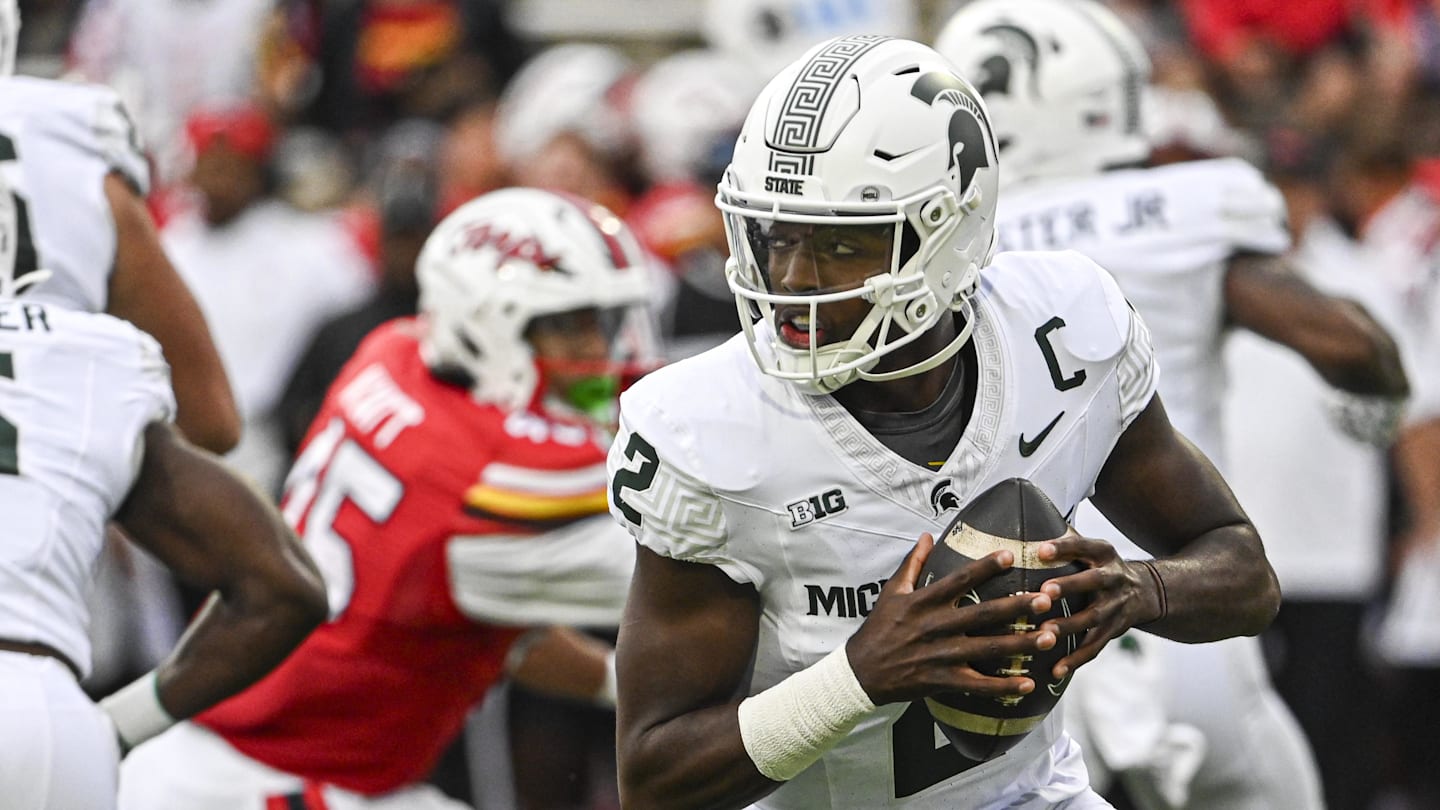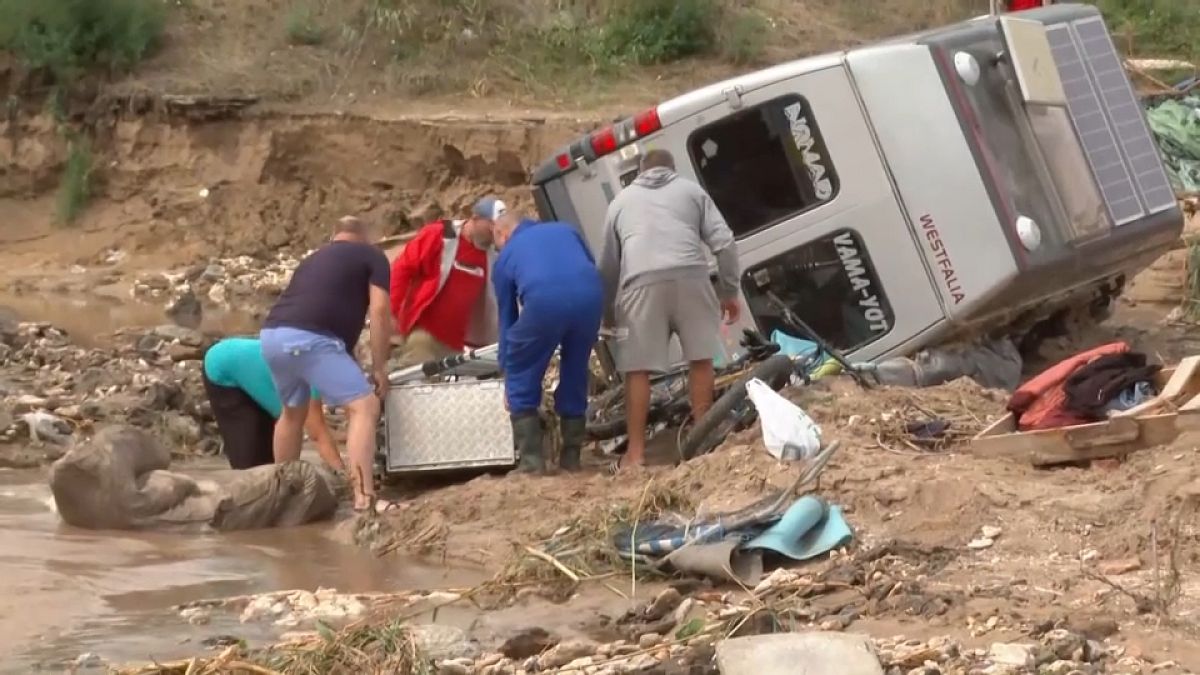The U.S. Health Resources and Services Administration will provide an additional $23.1 million in federal aid to the agency’s national Home Visiting Program in the District, Maryland and Virginia.
More money is on the way for a home-visiting health care program designed to provide better care for pregnant women, new parents and infants.
The U.S. Health Resources and Services Administration (HRSA) announced an additional $23.1 million in federal aid to the agency’s national Home Visiting Program in the District, Maryland and Virginia.
The extra money is the first time in a decade that the program has received an increase in federal funds, HRSA administrator Carol Johnson said.
“What those resources mean is that we’re able to support nurses, social workers and trained home visitors, and help with those early days of being a new parent,” Johnson said. “All of this has been shown to really make a difference in kids’ outcomes. Kids are so much stronger because they get these kinds of supports.”
Johnson said the program’s success hinges on convenient health visits in a comfortable at-home setting.
“When you’re a new parent, if you have to take off from work and take a few buses to get to an appointment, you’re probably not going to do it,” she said. “But if that person comes to your house and they’re full of resources and knowledge, it’s going to make a huge difference to you.”
Rockville, Maryland-based HRSA spearheads the national program, teaming up with local health organizations to target and reach parents.
Home health care workers can provide breastfeeding support, safe sleep tips and developmental screening for babies. They can even help parents find key services like affordable child care or job and educational opportunities.
“It’s changed my life,” past program participant Fatima Ray said.
Ray said she was introduced to the program in 2015 when she needed help with her infant daughter. She and her husband were first-time parents and stumbled through the first few months with a newborn.
“It felt good, like I had someone on my team,” Ray said. “Those questions you forget to ask the doctor sometimes, she would answer them.”
The experience impressed Ray so much that she became a home health visitor. She is the maternal health coordinator at Primo Center, a homeless shelter for families in Chicago.
“The same care that was given to me, I just want to pass it on,” Ray told WTOP. “I know how much it made a difference in my life. Home visiting matters.”
President Joseph Biden signed bipartisan legislation in 2022 that doubles funding for the program over five years. The move was part of a campaign promise to lower risks linked to pregnancy and improve maternal health, especially among women in rural, tribal and low-income communities.
The national home visiting program will receive $440 million Maryland’s local programs will get $10 million of those funds. Virginia is slated to receive $11 million and D.C.’s home visiting programs will see a $2.5 million increase.
“This will push home visiting forward a lot more,” Ray said. “It’s just going to help tremendously.”
Get breaking news and daily headlines delivered to your email inbox by signing up here.
© 2024 WTOP. All Rights Reserved. This website is not intended for users located within the European Economic Area.


























:max_bytes(150000):strip_icc():focal(722x354:724x356)/Angelina-jolie-becomes-maria-callas-100923-01-2cce48d3de044c459234fd2c2ef1e0d7.jpg)
